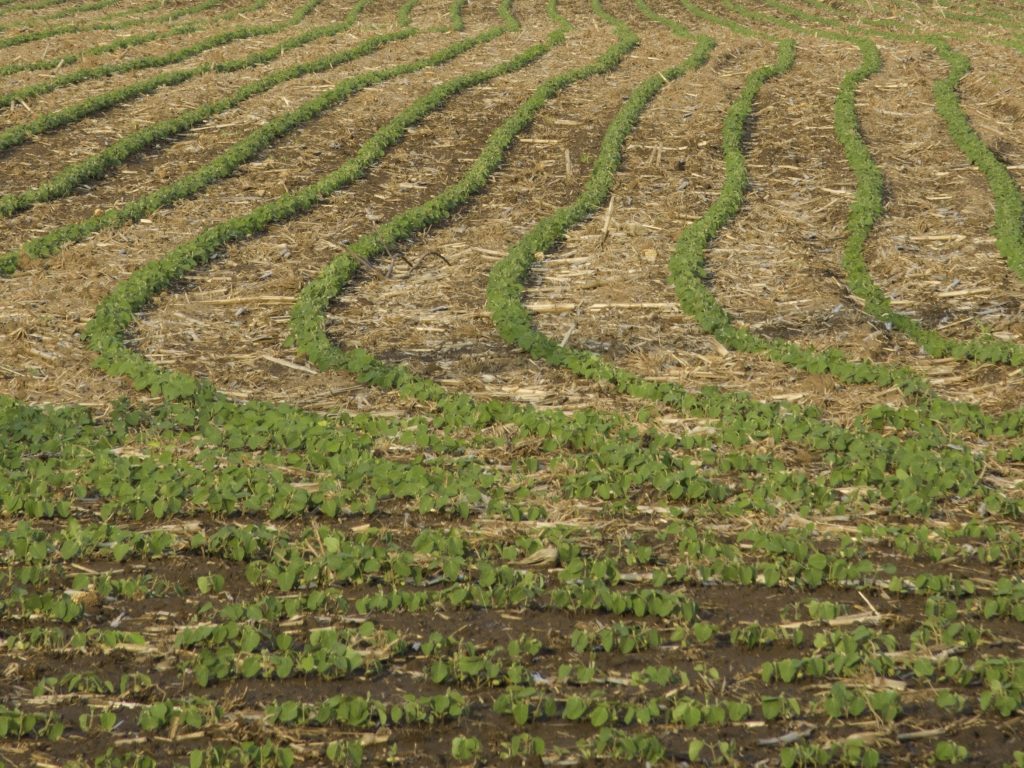By Karla Arboleda
The U.S. Department of Agriculture (USDA) National Institute of Food and Agriculture invested $77.8 million toward efforts to support sustainable agriculture research. North Carolina State University (NC State) is one of eight universities funded for research.

Chris Reberg-Horton, professor of cropping systems at NC State, and Steven Mirsky, agro-ecologist with the USDA Agricultural Research Service, are codirecting a team focused on efforts to improve sustainable agricultural systems through technology.
NETWORKING
“What this is doing is greatly facilitating a connectivity of the public sector,” Reberg-Horton said. “Farmers have indicated there is a critical need for the information to help facilitate their goals.”
The project is spread out over the United States with the intention of connecting a diverse set of growers through a combined research network. By integrating sensing technologies with cover crops, the researchers hope to make agriculture more precise, productive and sustainable.
“We know cover crops are the key to proving this,” Mirsky said, adding that the project’s nationwide distribution helps researchers capture a variety of data. “They are biological tools and they respond to their environment, so what they interpret in Iowa is different from what they interpret in Florida.”
The goal is to help growers make decisions on how to manage nitrogen, water, weeds, insects and diseases with cover crops. New technologies will help to facilitate their use.
PRECISION AGRICULTURE
“Cover crop farmers are really wanting to know when to plant their cash crops and how … to manage their nitrogen,” Reberg-Horton said. “We’re developing different studies that are documenting nitrogen availability and how to adjust that nitrogen based on your management of your cover crops. A big part of the central theme in this grant is to build decision-support tools.”
As precision agriculture technologies continue to be discussed between growers and researchers, there is always new information on the latest available tool.
“There’s a huge role in precision agriculture for addressing critical issues … but we’re also seeing if sustainable agriculture is a part of that storyline,” Reberg-Horton said. “What we’re trying to do is put sustainable agriculture into a precision framework so that cover crops can be managed as part of a precision sustainable agriculture solution.”
Ultimately, the different facets of this nationwide project aim to provide solid conclusions for future reference.
“We make recommendations to growers and the full suite of production practices, the environmental variation and management in the real world,” Mirsky said. “This network is providing that real-time data back to growers.”









